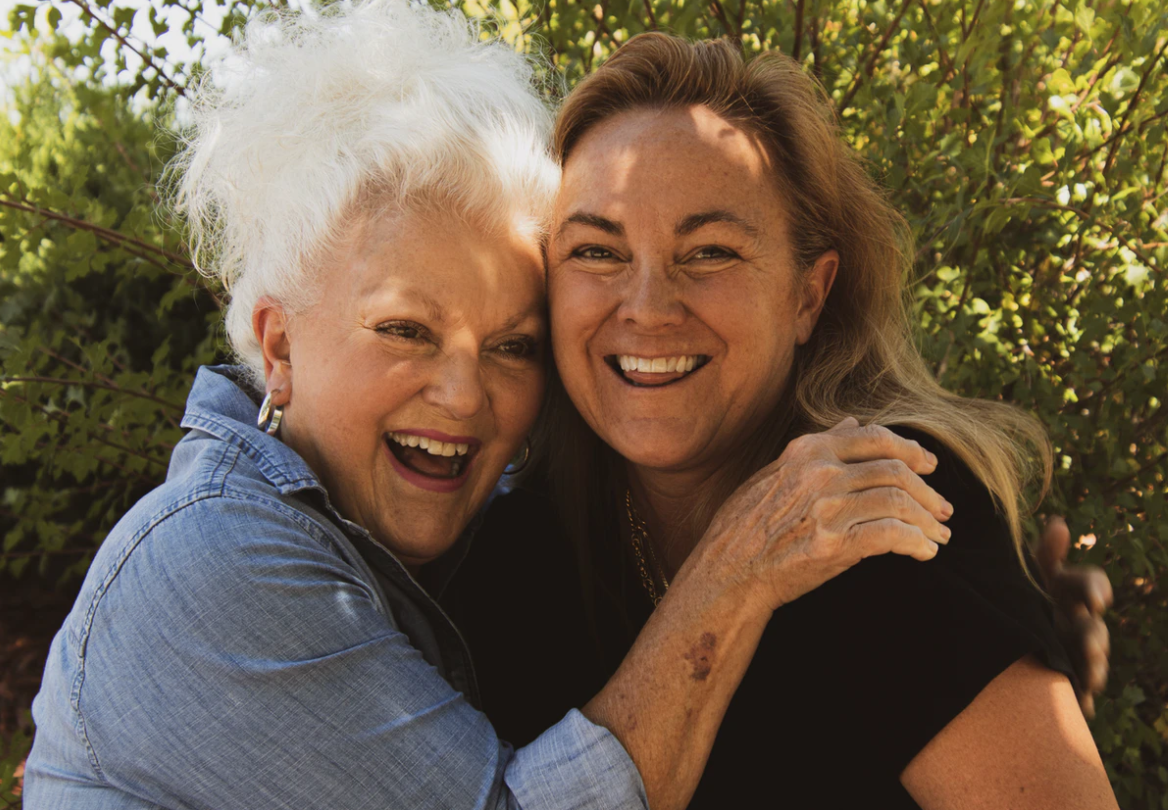Parent Care: Supporting Aging Parents Now
May 19, 2021

No doubt if you and your loved ones have been fully vaccinated, chances are the in-person visits have resumed. And while there may be nothing better than an in-person hug and intimate gathering, the reality is that being together again may also reveal what’s been lost during the separation. Whether your aging parent is a little less sharp, or a little more slow, than he or she was pre-pandemic, it’s possible that with resumed visits you may also see that there’s an increased need to provide support, especially for older parents who are “aging in place.” Many of us provided whatever support we could during Covid, either ordering groceries and setting up new technology, initiating hard conversations, or even providing some financial support. Now, with life perhaps returning to some level of “normalcy,” the question is what will be the “new” normal in your relationship with your aging loved ones?
According to Dr. Leslie Kernisan, founder of Better Health While Aging, and Paula Spencer Scott, who together wrote the new book, When Your Aging Parent Needs Help, “It’s not your job to make everything perfect-or even better- for your parent.” Instead, as they see it, your job involves researching problems and strategies to address them, determining your parent’s wishes and trying as best as possible to proceed accordingly, providing emotional support but also taking care of yourself. As she makes clear, you won’t be able to control everything, nor is that your role. Most importantly, Dr. Kernisan asks you to envision your role as accompanying your parent on their journey, to the best of your ability, rather than aiming for a specific and precise destination.
Of course, keeping calm and carrying on, in a sense, remains easier in the abstract than in reality. So, what happens if you see your parents beginning to “slip?” Or, as expert Caroline Rosenblatt asks, “How do you know it’s time to be worried?” Probably the key question centers on whether deficits (memory loss, forgetfulness, etc) are beginning to interfere with activities of daily living. It’s one thing to occasionally forget someone’s name. It’s another to forget where you live or whether you’ve eaten recently. In such cases, Rosenblatt advises you to quickly address essentials before your parent loses the ability to contribute in making decisions- whether about money, estate plans, powers of attorney, or other legal concerns. As Rosenblatt makes clear, waiting to act will only make things harder and worse.
And if more help is needed, who pays and who provides? As a recent article in the Washington Post makes clear, “Nothing reveals the fault lines in sibling relationships like the seismic shift caused by an aging parent’s sudden decline.” With close to one in five Americans now caring for an aging loved one (and many caring for 2), that’s a lot of potential sibling clashes over who handles both the hands-on care as well as the mountain of paperwork that often accompanies supporting an older parent. Perhaps most important to remember is that in order for the sibling relationship to survive and even thrive after a parent has passed away, it’s critical that siblings are open and honest with each other about who can contribute and in what ways. Long-time agebuzz readers may remember that some siblings turn to “Elder Mediation” as a way to set boundaries, assign roles, and support relationships, especially when the going gets tough.
In some families, the crisis becomes a financial one, as an aging parent may face a health or housing emergency and lack the funds to solve the problem. In certain cultures, there is the expectation that adult children will provide that financial support, no matter their own circumstances. So, many adult children create “emergency funds” not only for themselves but a second fund, using liquid assets, to be able to step in and support mom or dad in cases of emergency. And what about health care costs? If for some reason (such as immigration status) an older parent cannot access Medicare or Medicaid, what should happen? Depending on the situation those costs can run into the tens of thousands of dollars. One state is developing legislation to address this. According to newly drafted legislation in California, employees who work for private firms that offer state-regulated health insurance may soon be able to add their “dependent parents” to their private insurance coverage the way they can already add their dependent children. Not clear whether this legislation will pass, or whether other states will look to this as a model, but for the millions of adult children who give their all to support their aging parents, something needs to be done so that aging parents and adult children can live with dignity and reasonable health while they struggle together to face advancing age.







